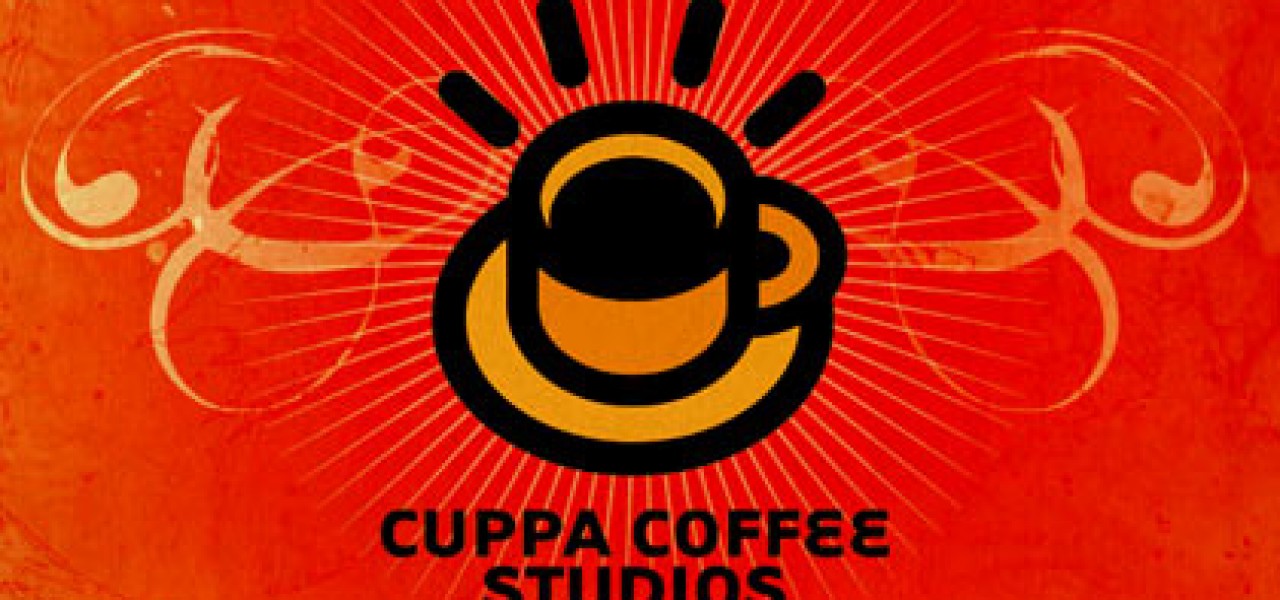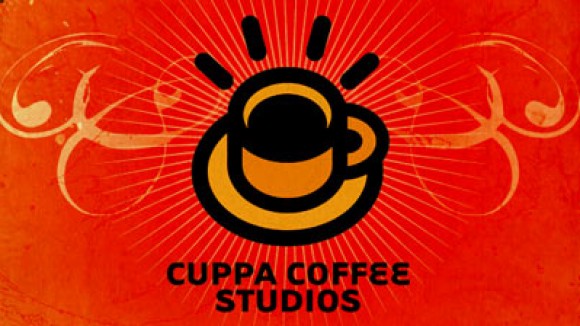

Cuppa Coffee Wants to Ream Filmmakers

Toronto-based animation studio Cuppa Coffee Studios has always struck me as a decent outfit, but I’ve lost a lot of respect for them after hearing about their latest endeavor. ZooTube is an “animation contest” essentially designed to screw filmmakers. Here’s the description of the contest taken from their website:
Cuppa Coffee Animation is offering a real opportunity to get your foot in the industry door. We’re looking for exciting talent to be part of a new animated television and web series for a teen and up audience. Submit your short animated film for a chance to showcase it online and on television!
A select group of Cuppa Coffee Development Executives and Directors will choose the best to be part of our new show and then viewers wil be invited to vote for their favourites. The creators of the films that receive the most votes get a shot at the big time with a development deal with Cuppa Coffee Animation.
A development deal with Cuppa Coffee? Cuppa Coffee is neither a major studio or a TV network. They still have to pitch their shows to Disney Channel or Nick, just like everybody else. In other words, a development deal with Cuppa Coffee is about as useful as a development deal with your Aunt Agnes. The deal is seemingly designed to exploit the young artist with no connections to the industry because an artist with any level of experience doesn’t need an intermediary to get their project shown to the networks.
Now this “contest” would perhaps be a little more innocent if it was set up in a fair manner. The problems begin, however, when you examine their Submission Release Form (download PDF here). The submission release basically states that if Cuppa Coffee likes your short, they will take every right they can to your film. Forever. Without guaranteeing you anything in return.
In legalese, they get the rights to “to reproduce, exhibit, distribute, promote and otherwise exploit the Series including the Short or any part thereof, in all media and formats now or hereafter known (including without limitation, theatrical, non-theatrical, telecast, DVD and other video devices, mobile telephone and other wireless devices, MP3 players and other hand-held devices and Internet transmission, including without limitation, posting the Short or any part of the Short on Producer’s website (and the website of any broadcaster or distributor of the Series)), in all languages, throughout the universe, in perpetuity.” And on top of that, “If Producer does use the Short in the Series in accordance with the rights granted in this Submission Release, I acknowledge that I will not be entitled to any compensation.”
Sweet, huh? Who in the hell would ever be stupid enough to enter a contest like this? Such a contest would have been atrocious ten years ago, but today, it’s absolutely unacceptable. It used to be that filmmakers were willing to enter lopsided deals, with places like Spike & Mike, because touring festivals were often the only way they could get exposure for their independent animation.
Thankfully, those days are long over. With the emergence of video on the Internet, filmmakers now have the unprecedented opportunity to have their work seen by millions. Take, for example, Dony Permedi, who a few months ago posted his student short film KIWI! onto YouTube. It has already been viewed over five million times. Granted, Dony didn’t make any money by having his work on YouTube, but he got his work and his name out there to a huge audience without giving up a single right to his work.
The Internet has opened new doors of opportunity for creators, artists, and filmmakers. The power has shifted to the animators’ corner, not the producers or studios trying to exploit your work to establish their brand. You can post your work on your website (Homestar Runner, JibJab), onto YouTube, or make deals with AtomFilms or Revver that don’t strip away your rights. You can publish your work onto dvd and distibute it via the Internet. You can contact development execs at Nick, CN, Disney and elsewhere – it’s their job to seek out your work – and if they like it, you can get a legitimate development deal.
Bottom line is that if you’re going to give your film to anybody, make sure that you’re compensated in a way that is fair, transparent and benefits you as much as it does the other party. As for Cuppa Coffee, let’s hope they seriously rethink this ripoff-disguised-as-contest. It’s embarassing for any studio to so openly and blatantly attempt to dupe filmmakers in this manner.

